13 Tips to Secure your Website from Hackers
Hacking is becoming a primary concern for website owners nowadays. According to a study by the website security company Sucuri, in 2020, 30% of all websites were hacked. The number has been increasing yearly, and website owners must take the necessary steps to secure their websites and protect their customers' sensitive information.
We have learned that most hacking is done for stealing data or misusing your website for a fraudulent cause, which helps hackers use your server for email spam or to install a temporary web server. Most hackers want to use your hosting to send fraudulent emails that divert to one of your links internally or externally using the services. Most of you might not even know your website is compromised, but if you use your hosting emails, you will notice that the IP will be blocklisted due to spam. Therefore.
The purpose of hacking is mainly to use a website for illegal activities. When data breaches happen, the website loses a considerable amount of traffic, which can cause a significant loss for the company's effort on SEO or marketing. The main reason for the effort on the website
Automated scripts are used to perform the hacking by writing to scour the internet. Here are some valuable tips that will help you secure your website.
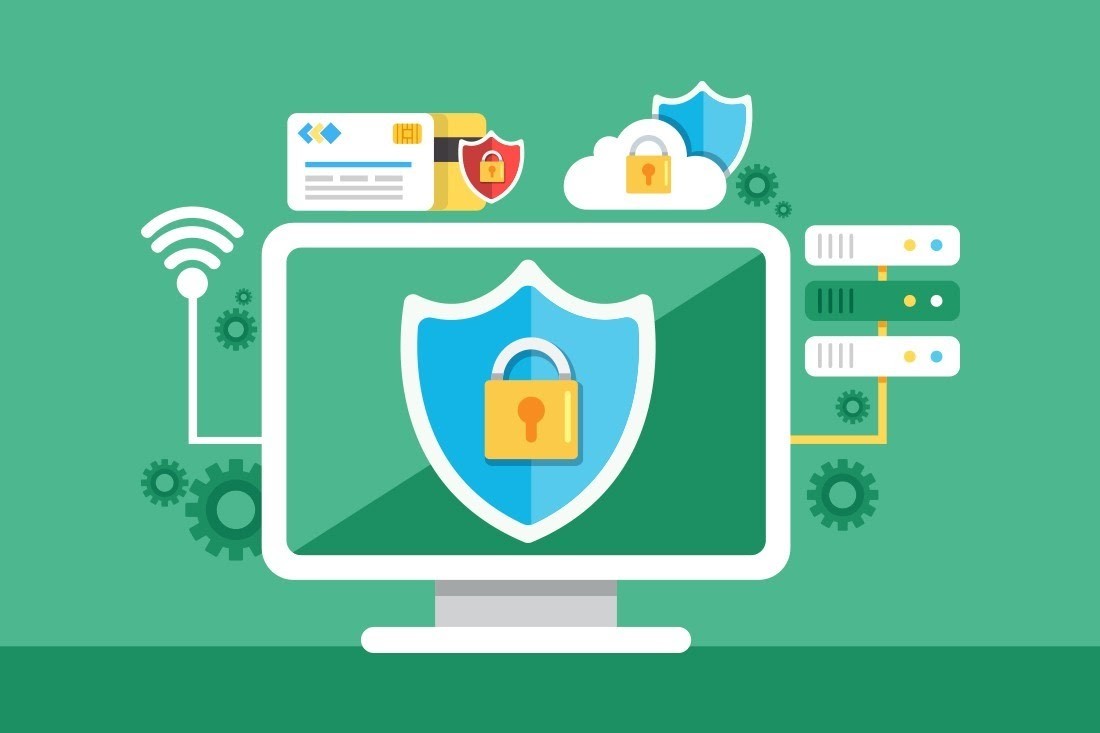
1. Keep Your Software Up To Date To Increase The Website Security
Making the website live takes a lot of effort. The continuous struggle to how people will engage with the website is almost a priority for every business. There are many CMSs (Content Management System), such as WordPress, as many know about it because WordPress is a prevalent content management system (CMS) used to build a large percentage of websites on the internet. According to a survey by W3Techs, as of 2021, over 40% of all websites use WordPress as a known content management system.
This means that out of all the websites on the internet that are built using a CMS, around 40% are made using WordPress. This is a significant percentage and highlights the popularity and versatility of WordPress as a website-building tool. WordPress uses plugins (Small applications/software) that must be updated to keep the website safe. Sometimes, software updates need to revamp the whole website, and many developers don't take the risk due to that factor.
This is one of the drawbacks of using WordPress as an open source; the other option is to have their SAAS WordPress website, which is safer, and request a monthly fee to keep the software updated. Make sure to keep software up to date, as it is critical for the safety of your website. It is equally essential for the server operating system and CMS. When vulnerabilities are found in software, hackers can quickly attempt to abuse them.
Many people prefer websites not to get hacked and secured because the time and effort involved in revamping a website are costing dollars. They would like to pay a small monthly fee, and many use Powerful CMS SOFTWARES to protect themselves from hackers.
2. Keep Hosting ACCESS CONTROL of your Website safe
There are a few things that need to be considered here. From our experience, we have found out that most hosting gets hacked by people accessing the hosting. Their computers are usually affected by viruses that they are not aware of. As previously said, " The hackers are interested in infiltrating your computer for information of any means" and give access to anything you upload or access through your computer. If your access control does not work correctly, it can alarm you. Any hacker can affect your website's performance when there is a security hole. Broken access control can give access to hackers of any sort.
SOLUTION: To avoid such issues, use a Mac or Linux system to access your hosting. Windows applications are very well-known among hackers.
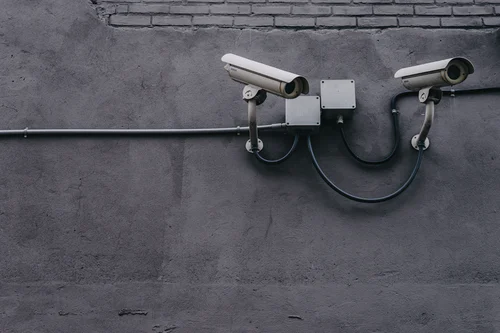
3. Keep an eye on error logs in your hosting to eliminate any threats.
An error log is an excellent way to determine whether your website requests access to a crucial file and your hosting has generated the error. Hackers usually prompt many items to find a way to filter to the files, so keep a practice of checking the error log every two weeks at least.
4. Keep A Strong Password To Keep Your Site Secure
Using complex and strong passwords for the server and website admin area is vital. It would be best if you insisted on good password practices for users to keep their accounts secure.
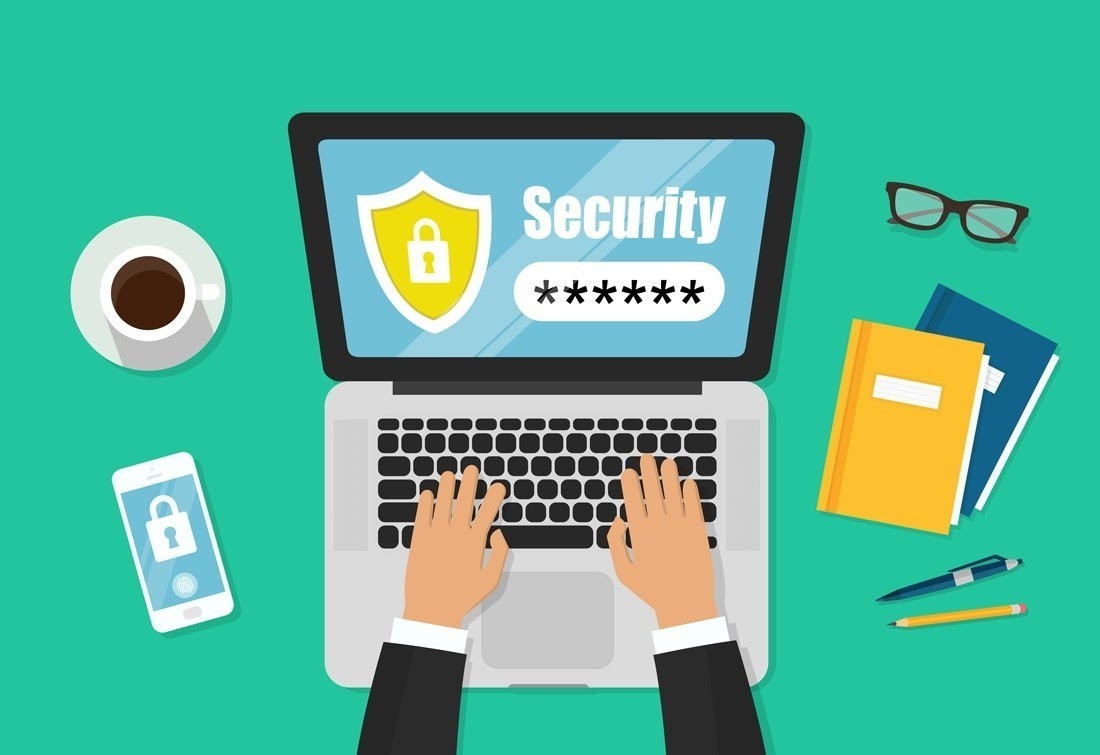
We know how difficult it is to remember passwords, but there are ways to access them using Google Keep. Keep changing the password every 90 days and update your Google Keep.
5. Use Antivirus Software, Firewall To Increase The Website Security
Everyone has difficulty using IOS and Linux operating systems and prefers using Windows for their regular work. In summary, a firewall is an essential aspect of website and network security, helping to prevent unauthorized access, protect against cyber attacks, enhance privacy, and increase visibility into network activity.
6. Regularly back up your website.
Regular backups of your website can help you against the threats on your website, which are very difficult to identify. So, create regular backups of your website and store them offsite to ensure that you can quickly restore your site in the event of a security breach. If you have the previous backups, those files could replace the old ones and keep your website live. This helps you save the cost of revamping your website.
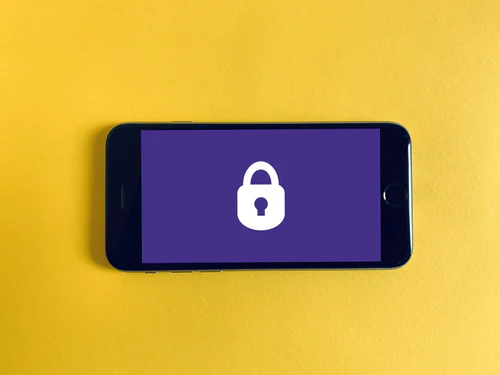
7. Avoid Your Data Exposure By Installing an SSL Certificate
Enforcing SSL (Secure Socket Layer) on your website provides several advantages against hackers. Your website will display a security warning whenever anyone visits, which can leave a wrong impression about your brand. SSL is compulsory for every website if you don't have SSL on your hosting. Here are some of the benefits:
Encryption: SSL encrypts sensitive information, such as login credentials and financial data, as it is transmitted between your website and its visitors, making it difficult for hackers to intercept or steal this information.
Authentication: SSL provides authentication by verifying your website's identity and ensuring visitors communicate with the correct website, not a fake or phishing site.
Improved trust: SSL certificates, such as those issued by trusted certificate authorities, indicate that your website is secure, increasing visitors' trust and confidence.
Protection against Man-in-the-middle attacks: SSL protects against man-in-the-middle (MITM) attacks, where hackers intercept and modify communications between your website and its visitors.
Improved search engine rankings: Google and other search engines prefer SSL-encrypted websites in their search rankings, as SSL encryption is considered a sign of a secure and trustworthy website.
We should thank Google for enforcing SSL on all websites, as it has eliminated many threats that were prevented by Google's decision to implement SSL encryption. However, implementing SSL provides an additional layer of security that helps to protect websites and their visitors from a wide range of cyber threats, such as man-in-the-middle attacks, phishing scams, and data breaches.
By requiring SSL encryption, Google has taken a significant step towards promoting website security and privacy on the internet. This has likely prevented many potential security threats and increased internet users' trust and confidence in SSL-encrypted websites.
It's important to note that while SSL encryption can provide an additional layer of security, it is not a foolproof solution and must be combined with other security measures, such as strong passwords and regular software updates, to provide comprehensive protection against cyber threats.
8. Limit login attempts
Limit the number of login attempts allowed for your website's administrative accounts to prevent brute-force attacks. Also, any forms you have should have a captcha to avoid brute-force shut-downs. These are also one-way hackers filter into your website.
9. Monitor Website activites
Use tools like Google Analytics and log analysis to monitor your website's traffic and detect suspicious activity.
Other Security Tips To Protect Your Website From Hackers
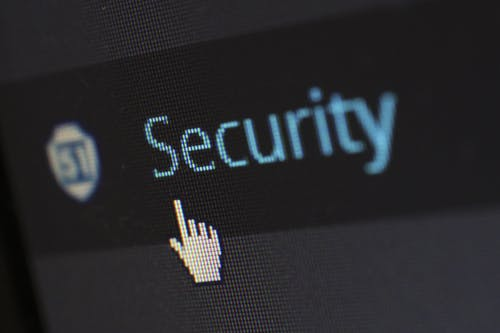
10. Most people leave the auto-fill details options. This is also sometimes a threat to website privacy. Never leave the option of auto-filling on your website.
11. SQL injection is the most common web hacking technique that can destroy a database. Safe programming functions and procedures should be used to prevent SQL injections.
12. Use reliable website security tools to secure the website pages, such as your login and admin pages.
13. the user's file sometimes contains malicious scripts that can harm the website. Avoid file upload options to secure your website.
Conclusion
These tips can help keep your website secure and protected against cyber threats. It's essential to regularly review and update your security measures to ensure that your website remains secure as new threats emerge.



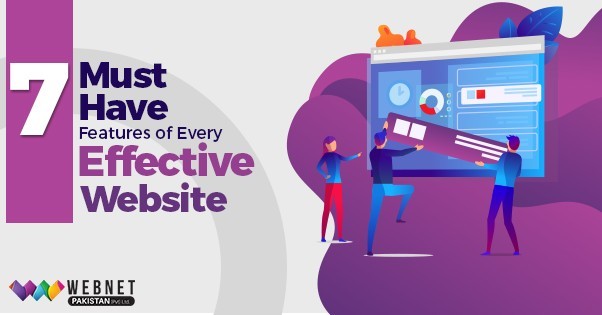

0 comment